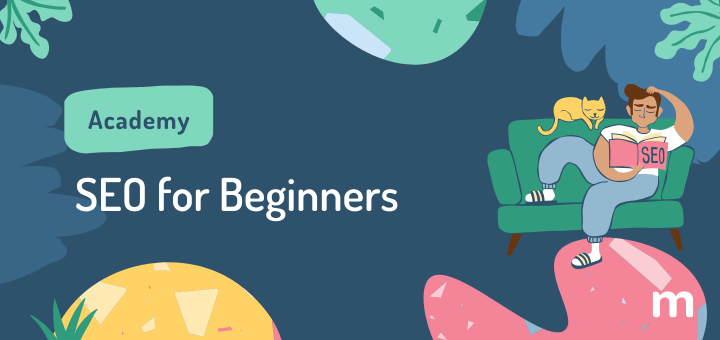Thanks to Max Greene from Muffin Marketing for this week’s guest post!
If you’re responsible for the marketing of your small business, then you’ll no doubt know just how difficult it can be to manage your time. Sure, you can use social media schedule tools to keep your Twitter and Facebook handles ticking over, and you can write content in bulk to keep your blog alive, but what about search engine optimisation (SEO)? Is there a way to make SEO easy or at least manageable?
SEO is often one of the most complex and expensive forms of small business marketing, but ranking number one on Google doesn’t have to be an impossible task. Below, we’ve rounded up five things that you can do every week to make your SEO journey as painless as possible.

Start blogging
There’s no doubting the benefits of content marketing for small businesses, not least the SEO potential you can gain from publishing a weekly blog. If you’re not familiar with blogging or you don’t know what to write about, keep it simple. Answer a question from one of your customers, publish a case study or even create a report on where your business is heading over the next year or two.
The internet is jam-packed with blog post ideas, but one of the best places to look is your competitors’ websites. If you see that they’re publishing content around a specific topic or niche, ask yourself why. Could you add a unique selling point and create great content?
Give your new content a meta description and keyword
Install a free WordPress plugin like Yoast SEO, follow its simple steps by creating a meta description and focus keyword for each of your posts, and you’ll quickly see your pages rise on Google.
If you have a huge website with hundreds of pages and blog posts, you may not be able to make changes overnight, so set aside thirty minutes a week to go back to your old pages and make edits. With the right keywords, you’ll be amazed at just how quickly you can climb.
Link to other pages
Internal linking is one of the most important parts of any search engine optimisation strategy. Simply put, the more links you have going to other pages and posts on your website, the more Google will crawl them and help you rank.
Again, if you have a large catalog or blog posts or products, you may need to spend an hour a week going back over them and making the recommended changes, carefully interjecting hyperlinks as and where possible. Don’t overdo the links, though – add two to three internal links to every page, and include external links, too.
Name your images
SEO for images may not be something you’ve considered, but it can be a great way of bringing in organic traffic. Instead of uploading headers, featured images and infographics with a random name like final-version.png, rename them so they include an appropriate descriptive keyword.
If you’re blogging about fitness, for example, and want to add an image of you at the gym, you could name your image “fitness-at-the-gym”, for example. Doing so will make it easier for search engines to index and crawl your media, and include it on sites like Google Images.
Outreach
One of the best ways to improve the authority of your website and climb search engine results pages (SERPs) is to build links. Every link you gain acts as a “signal” or “vote” that your website is valuable and worth visiting, which search engines can then use to rank your website. If you have created a particularly interesting piece of content, like an in-depth guide or tutorial, you could reach out to bloggers and industry leaders to share your new material.
If they like it, they may link back to it on their own website, or even ask you about guest blogging for their website. Outreach is one of the most time-consuming and costly parts of SEO, so if you can bake it into your weekly schedule, you’ll be onto a winner.
Wrapping up
Unfortunately, SEO isn’t an overnight job, and you’ll need to work consistently to grow your brand. Luckily, you don’t need to spend thousands of pounds working with an SEO agency – you can do it all yourself with some patience and perseverance. Good luck!
————
About the Author:

Max Greene is the Managing Director of Muffin Marketing, a marketing agency specializing in content marketing, social media marketing, and search engine optimisation.








